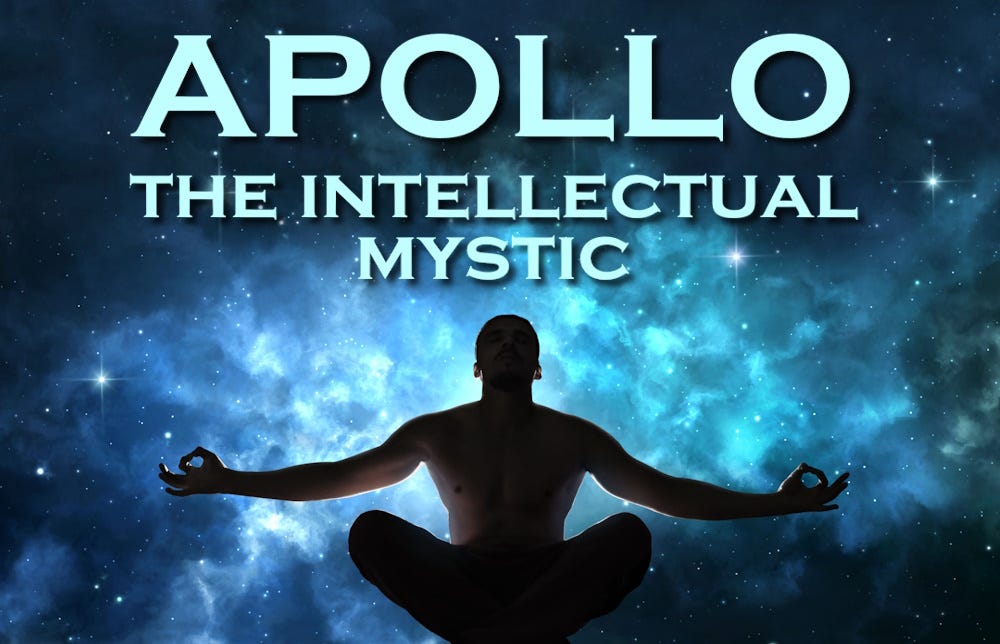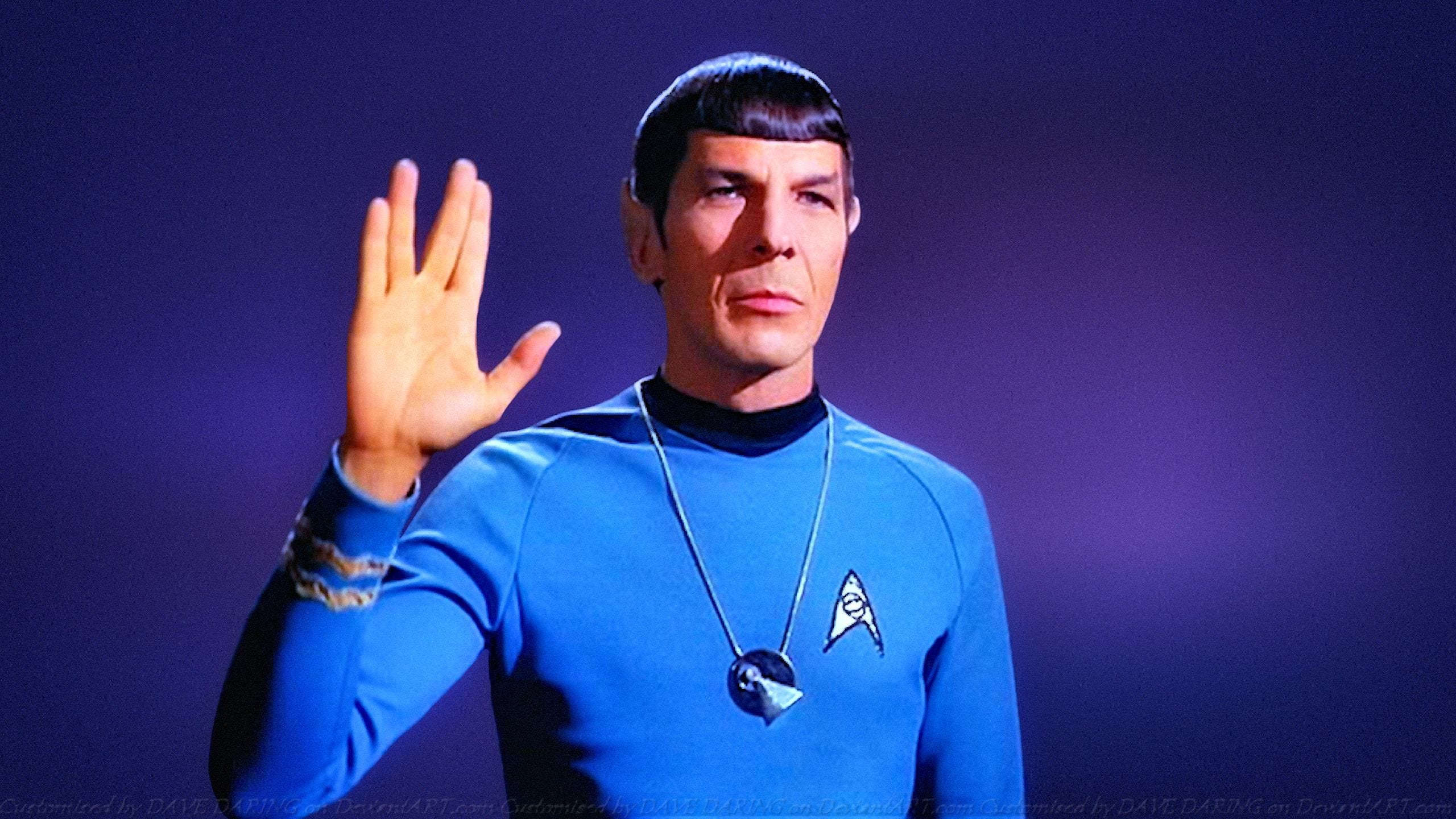This is my last post about Apollo archetypes. Well, introducing specific Apollo archetypes. I’ll still write about him because he’s awesome and there’s a lot to say.
I could have included this archetype in a different post. One of Apollo’s faces is the Emotionally Stunted Genius, and the Intellectual Mystic is like a Pokemon evolution of that. He’s still a genius. And he’s still unemotional . . . but he’s not exactly emotionally stunted anymore.
The Intellectual Mystic is the most evolved version of Apollo.
He’s not just a genius, not just good at things, not just the bringer of order and justice.
He’s the motherfuckin’ Lord of the Sun.
He’s worked things out with his demons.
He still prefers to keep to himself most of the time. He’s still good at practically everything he does, and he might even still feel superior to others now and then. But he’s not arrogant about it anymore. He’s more like a father knowing that he understands the world better than his children.
It’s just a matter of time until they catch up with him. And maybe even surpass him.
He’s released his addictions, forgiven himself for his shortcomings, and learned to identify and embrace his own emotions.
Instead of constantly judging others, he accepts them as fundamental pieces in the well-ordered (yet flawed) jigsaw puzzle of the universe.
Apollo achieves enlightenment through the intellect.
I know, a lot of spiritual folks claim enlightenment can’t be reached through the intellect. But I think that’s shortsighted. Enlightenment is about union with the Infinite and Eternal. The intellect doesn’t exist separately from the rest of creation (nothing does). It’s not some external, accursed element of life that only serves as an anchor on our way to peace and unity.
Of course, if the intellect is unhealed, it can’t get you to enlightenment. It can hardly get you to the right therapist.
But in its healed, evolved form, the intellect is pure universal intelligence. The mind of the cosmos orders all of life. For us here on earth, the intellect is like so many other spiritual practices: one of many paths to enlightenment. As a tool, it can get us a great deal of the way there—but ultimately we’ll transcend it.
This brings me to an example of the Intellectual Mystic.
Spock
Spock could easily have fit in the “Emotionally Stunted Genius” post.
I decided to include him here, because the character does eventually experience growth and incorporate his emotions. It takes a literal death and rebirth, but he gets there in the end.
Vulcans are a fascinating fictional species.
When he created them, I imagine Gene Roddenberry saying to himself, “Let’s make this species all about logic and science, but also meditation and mysticism.” He understood the two were not exclusive to one another.
Thus, the ideal Vulcan made a lifelong study of science, logic, and meditation. Meditation brings order to the mind (and Apollo is all about order).
Spock followed the Vulcan path. He was often ten steps ahead of his crewmates on the starship Enterprise. He was eccentric (being an alien and all), and didn’t socialize easily. If someone was being particularly dumb, he could be downright cutting and sassy.
The ideal Vulcan didn’t experience emotions.
A perfectly logical existence was the end goal.
Of course, Vulcans—being sentient, conscious people—did have emotions. They just suppressed them and swore up and down they didn’t feel anything ever at all. Here again, Spock followed the Vulcan path. He was so devoted to it that (despite what the J.J. Abrams movies say), he was almost never involved in romantic relationships. (Except for those times that he was emotionally compromised by sex-pollen on some random planet…)
But Spock’s character arc was about learning to accept and embrace his emotions (kind of like Harvey Specter and Sherlock). After a life, a death, and a rebirth, he succeeded.
The Intellectual Mystic has climbed the ladder of his intellect . . . and transcended intellect.
I think that many writers who create characters that practice meditation don’t have a lot of personal experience with meditation. They don’t always understand how meditation literally does order your mind. It’s like washing your hair. It cleans and detangles the stuff that comes out of your head, and it ought to be done on a regular basis. It calms and elevates the intellect. It brings peace to insecurities, fears, shame, regret, deep-seated pain, confusion, and the whole mess of limitations that live in the subconscious, directing your life in a way that you never consciously agreed to.
Of course, you’ve got to be sure you’re using meditation responsibly, not just bypassing all your shit. (But the whole “spiritual bypassing” thing is another topic for another post.)
But ultimately, an ongoing practice of deep meditation helps you grow into a fully conscious being.
It helps you get out of knee-jerk reactions, and leads you to a state of true present awareness, where you can respond and create instead of react. It puts the mind-heart (which are the same thing) in the driver’s seat of your life.
Deep meditation can even, on occasion, heal the body, bringing order to disease.
When you have an ongoing relationship with the truth of who you are, of the natural order of the cosmos, and of your fundamental unity with that order, your mind is not an anchor. It is a ladder to the stars.
As Spock says, “Logic is the beginning of wisdom. Not the end.”
Behold Leonard Nimoy bestowing his hard-won wisdom on Kim Cattrall in Star Trek VI: The Undiscovered Country.




